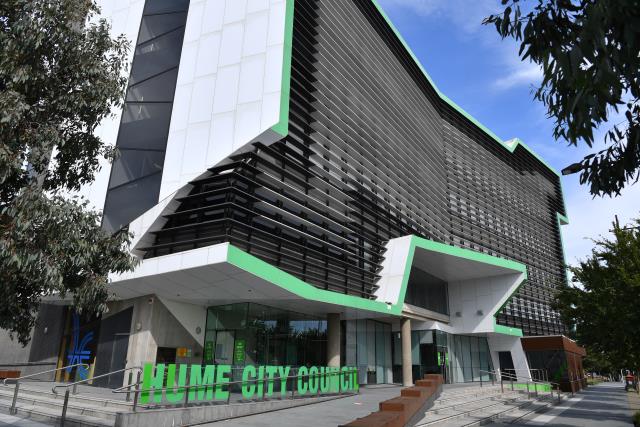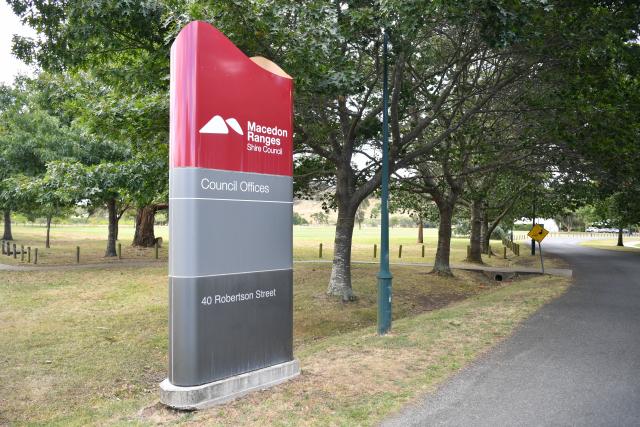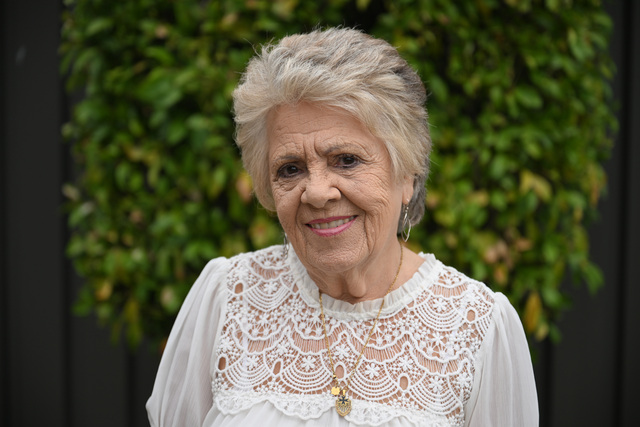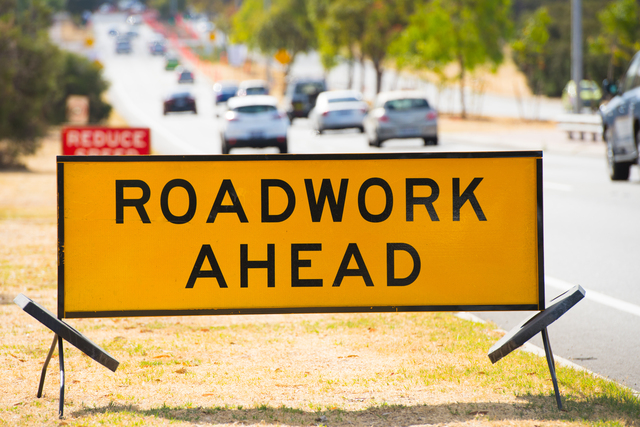Hume council has welcomed the Victorian Local Governance Association’s (VLGA) call for action on negative council culture, addressed by the Victorian Local Government Culture Review Project.
The project is providing a platform for the local government sector to look into and take on board a positive and inclusive culture, to improve governance and public trust.
The VLGA is an independent governance organisation supporting councils and councillors to strive for high local governance standards and wants to see tangible outcomes from the project.
VLGA chief executive Kathryn Arndt said it was “disheartening” to see the important work of councils, who are the closest arm of government to the people, be undermined by workplace behaviour.
“Beyond the legal obligations of councils to maintain safe workplaces, nurturing a culture of civil conduct inside and outside of the council chamber is central to good governance,” Ms Arndt said.
“There is a difference between the ‘cut and thrust’ of political debate and conduct which threatens the ability of councillors and council officers to do their jobs.
“We hope to see these complex dynamics addressed through the [project].”
It was revealed in June that the total cost of internal councillor complaints and arbitrations at Hume council totalled nearly $143,000. With cases still ongoing, it is expected the cost will increase.
Hume chief executive Sheena Frost said council “welcomes” further work on the culture review project.
“We acknowledge VLGA’s call to action for councils and interest in working further with Local Government Victoria following the Insights Report to ensure local government is an inclusive and safe place to work and that councils are serving in their communities’ best interests,” Ms Frost said.
Outcomes the VLGA hope to see include a raised voter awareness about local governance, training for male and female candidates, diversity and inclusion support and support for chief executives to complete their work safely.
Further, VLGA call for a culture of training for councillors, conflict resolution skills building and increased external supports through expanded roles for monitors and governance organisations.

















